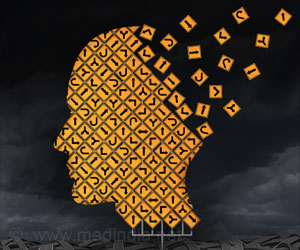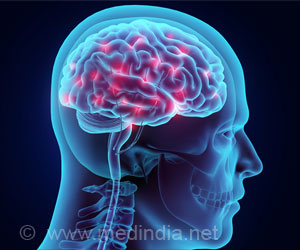Regular screening for insomnia symptoms may help with tracking and identifying people with trouble falling asleep at risk for developing cognitive impairments later in life.

Insomnia involves difficulty falling asleep or staying asleep, or regularly waking up earlier than desired, despite allowing enough time in bed for sleep and include symptoms like fatigue or sleepiness; feeling dissatisfied with sleep; having trouble concentrating; feeling depressed, anxious, or irritable; and having low motivation or energy.
"While there is growing evidence for a link between insomnia and cognitive impairment in older adults, it has been difficult to interpret the nature of these associations given how differently both insomnia and cognitive impairment can present across individuals," said lead author Afsara Zaheed, a graduate student in clinical science within the department of psychology at the University of Michigan.
As sleep health and sleep behaviours are modifiable so regular screening for insomnia symptoms may help with tracking and identifying people with trouble falling asleep at risk for developing cognitive impairments later in life.
Source-Medindia















